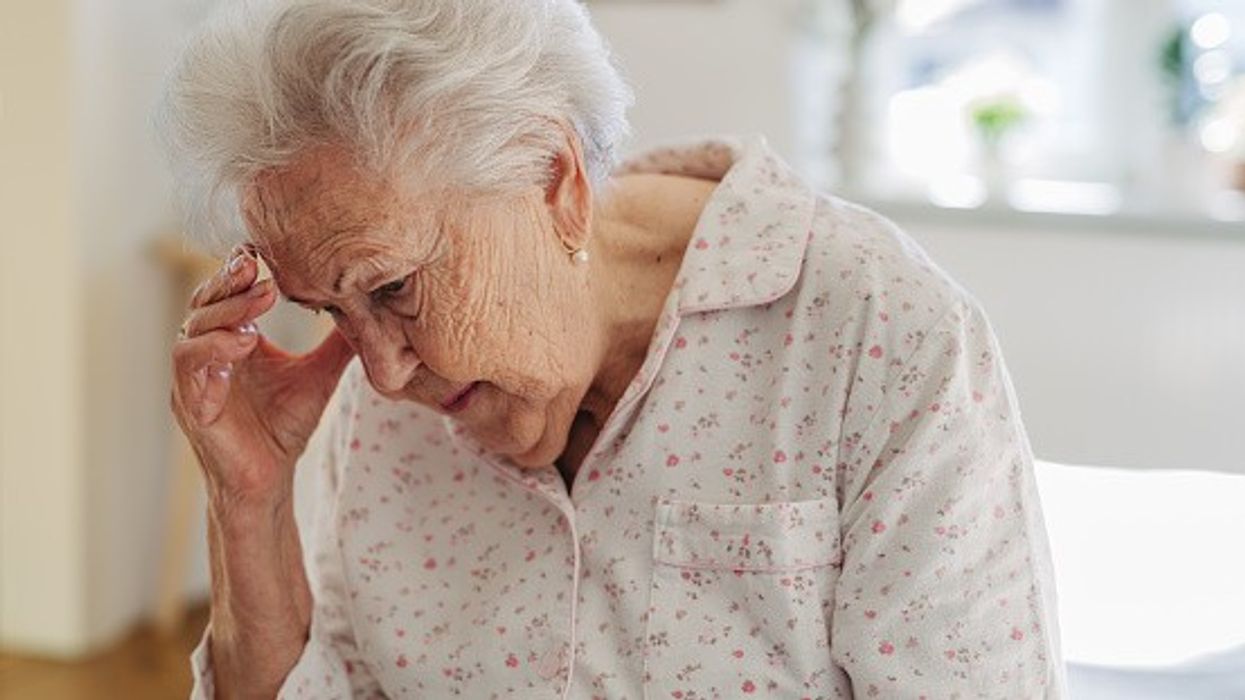NHS dementia diagnosis statistics
England’s top dementia doctor emphasises that getting a diagnosis is the first step in supporting people living with the illness
The latest NHS data showed that 487,432 individuals in England were diagnosed with dementia in June, the highest since the start of the pandemic.
Although dementia diagnosis rates have reached 65 per cent, the NHS still aims to meet its target of diagnosing 66.7 per cent of the estimated total number of people living with a form of the disease.
NHS stated that their staff across the country are actively assessing care home residents to identify more individuals who may have dementia.
Dr. Jeremy Isaacs, National Clinical Director for Dementia at NHS England, praised the efforts of NHS staff in increasing diagnosis rates but acknowledged that more work is needed.
“Getting a diagnosis of dementia is the first step in supporting people, with a wide range of NHS services able to help.
“NHS staff have worked hard to recover services with the number of people with a diagnosis rising significantly over the last year, and now at a record level, but there is more work to be done.
“Thousands more individuals are being diagnosed each month and more medication reviews are being done within 12 months,” he said.
According to the health service, England has one of the highest dementia diagnosis rates in the world, with high-income countries typically ranging between 20-50 per cent.
The NHS noted that a timely diagnosis is crucial for ensuring that people receive the necessary support and care to manage the illness.
It is encouraging people to come forward and get checked if they exhibit any common early signs or symptoms of dementia.
According to Dr. Isaacs, common early symptoms of dementia include:
- Forgetting bits of information
- Saying the same thing repeatedly
- Struggling to follow a conversation or find the right word
- Being confused about time and place
He added that these problems are often more noticeable to the person’s family and friends than to the individual themselves.
Emphasising the importance of early detection, he said: "If you have noticed that someone has symptoms, please encourage them to visit their GP for an assessment – the sooner someone is seen, the quicker the NHS can help."
NHS figures also showed that 86,434 people with a dementia diagnosis had their medication reviewed in the preceding 12 months, up from 77,112 in June 2023.
In 2022, NHS England announced 14 new pilot schemes in which specialist nurses and other healthcare professionals proactively assess care home residents for dementia.
These initiatives are part of the ongoing efforts to improve dementia care and diagnosis rates across the country.
A study by Future Health has predicted that the number of dementia cases in the UK could rise to 1.5 million by 2040.
The study also cautioned that over half a million people with dementia could remain undiagnosed by 2040, representing an increase of nearly a quarter of a million compared to the current figure, if there is “no progress in improving diagnosis rates.”
Currently, approximately 850,000 individuals in the UK are estimated to be living with dementia, with an estimated 315,000 cases going undiagnosed.













